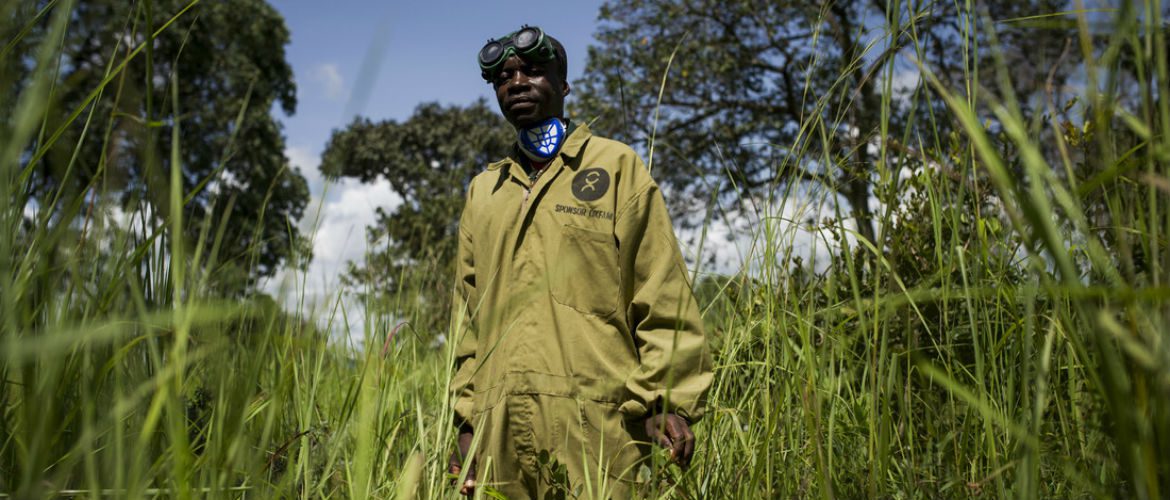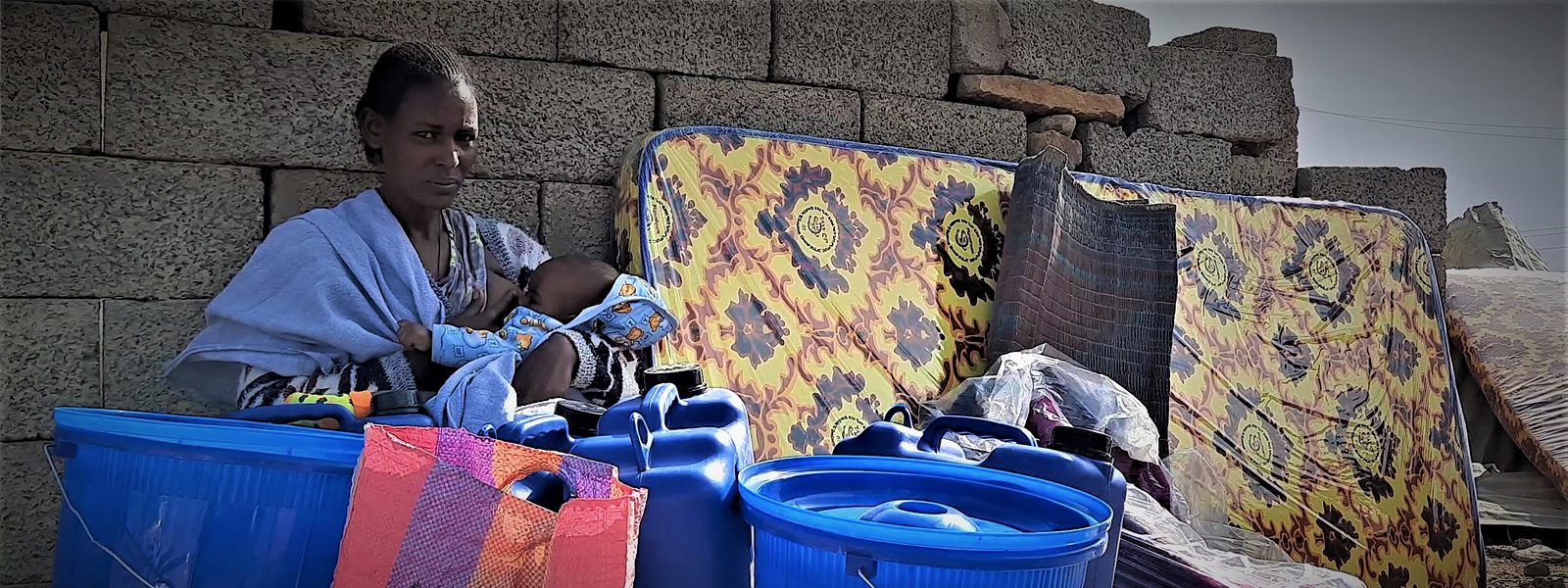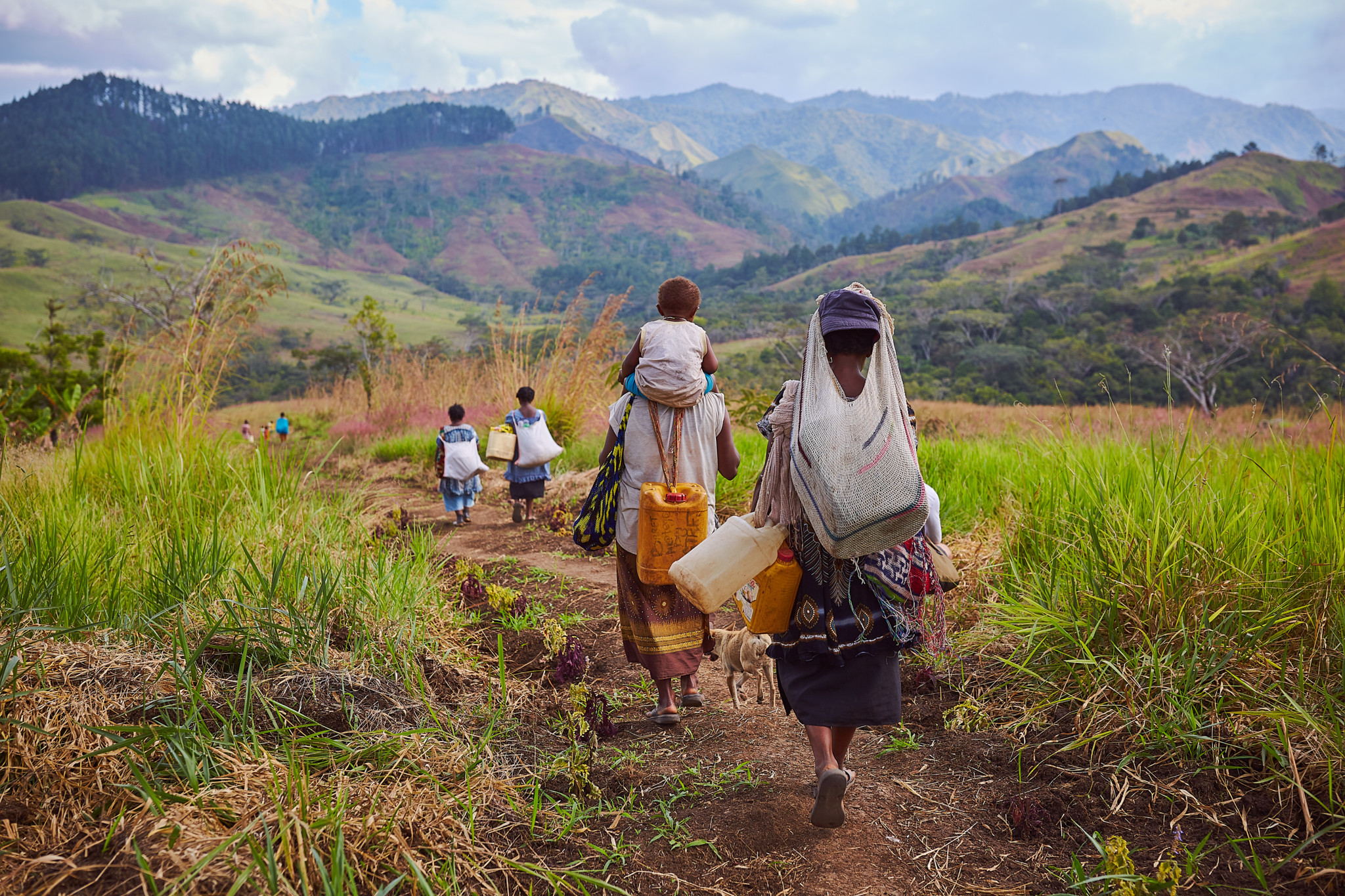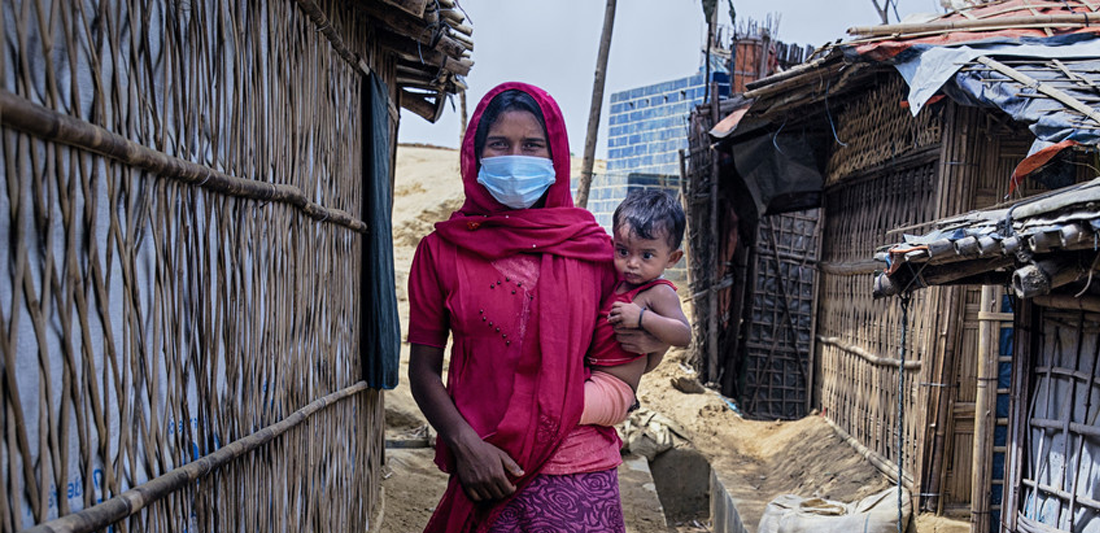Something sweet is happening in Tanzania.
At Nyarugusu refugee camp, in western Tanzania, a team of busy beekeepers are plotting their first harvest of honey.
For Subi* – a longtime refugee – the opportunity to work and earn a living has changed the tune of life here in Nyarugusu.
“Oxfam gave us the hives, the uniforms, bikes and training,” he explains. “Three members, including myself, already had previous experience as beekeepers.”
The veteran beekeeper has lived as a refugee in Nyarugusu for 20 of his 47 years. “We have been in this camp since 1997,” he recalls. “The youngest in our team is 21 years old. He’s my son. He was born here.”
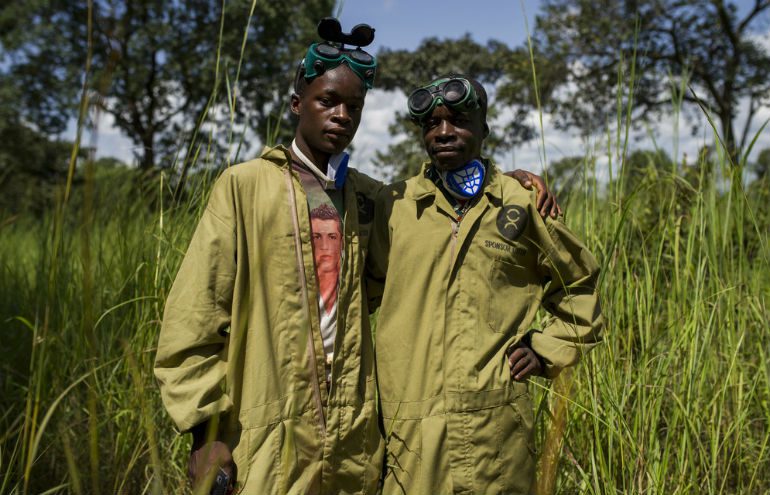
The camps have been inundated with new arrivals in recent years, due to ongoing conflict and unrest in the region. Oxfam has already provided water and sanitation facilities for this growing refugee population, to ensure access to safe drinking water and prevent the spread of infectious disease.
In Nyarugusu and Nduta camps, Oxfam has installed 6,771 toilets and 4,396 bathing units — that’s one toilet and bathing shelter for every four households.
But there is no employment in the camps, so people can’t earn money to buy food and other essentials. Without work, people have no sense of purpose.
Now, Oxfam is implementing practical, long-term solutions to tackle poverty and build a sustainable economy within the camps.
Subi’s fledgling beekeeping business is one of several Oxfam-supported livelihood projects now taking root in Tanzania’s crowded refugee camps.
“Oxfam came to our camp and called us to a meeting,” Subi says. “They told us they had come to help improve the lives of the refugees. We got into groups and were asked to come up with suggestions for work. Our group decided on beekeeping.”
“We saw there was an opportunity for beekeeping because there was a need for honey in the camp.”
“People in the camp will use the honey to treat their sick children,” he explains.
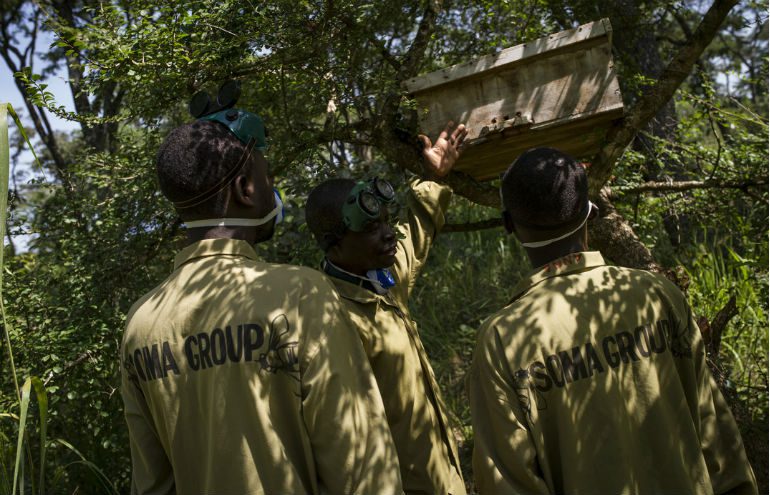
“Every hive we have should produce twenty litres of honey. It takes five months to produce honey here. The bees here have to collect the nectar from quite far away so it takes longer to produce the honey.”
“Eventually we would like to plant flowers nearby to the hives so that the bees don’t have to go so far for their nectar and then they will produce honey faster.”
Subi and his team expect to harvest 400 litres of honey with the beehives, which they will sell for 5,000 shillings (about AUD $3) per litre.
‘We plan to divide our profits into three,” he says. “The first portion we will save, the second will be distributed between the members (which they will use for food and for their households), and the third portion will be kept for equipment, maintenance and transport.”
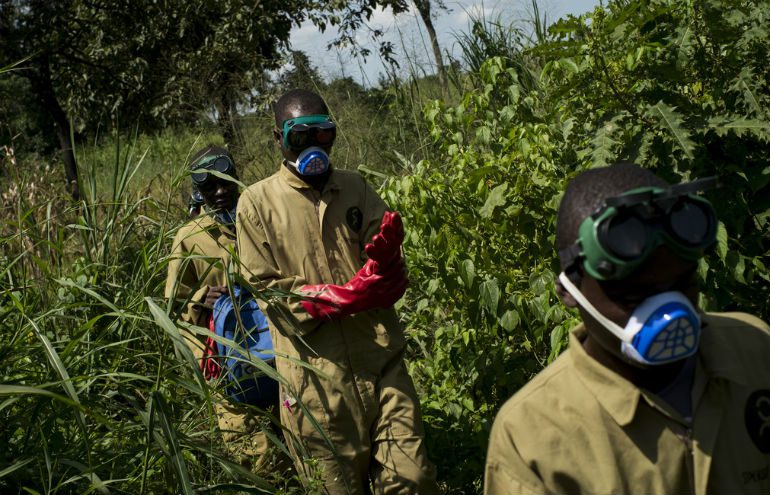
Subi’s beekeeping business empowers him to earn a living and lift himself out of poverty. It also affords him the opportunity to nurture the environment.
“I like being a beekeeper so much. I used to be a beekeeper in Congo. I like keeping my environment safe and teaching others how to keep it safe. When a tree has a beehive in it they won’t fell it. People like to keep the bees safe.”
Bees are vital to the food chain — one third of the food we eat depends on them.
Subi adds, “In Congo a lot of people like to cut down trees so I also thought it would be a good way to protect the trees. I’m a conservationist.”
* Name changed to protect identity.
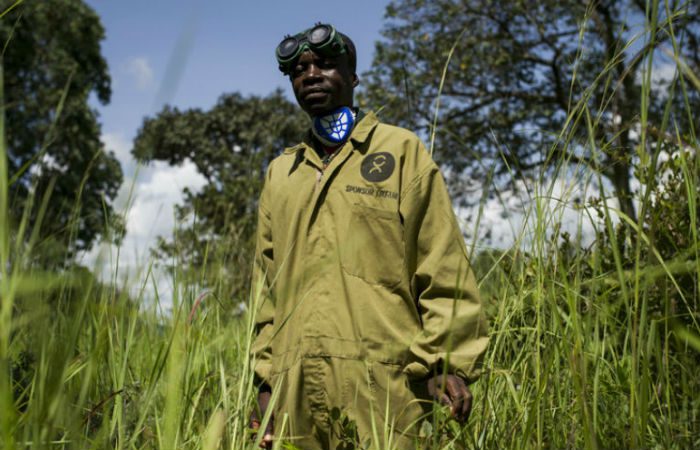
Build hope in Tanzania
You can help people like Subi in Tanzania find the means to improve their lives. Please donate today to help families living in refugee camps in Tanzania build hope for the future.
